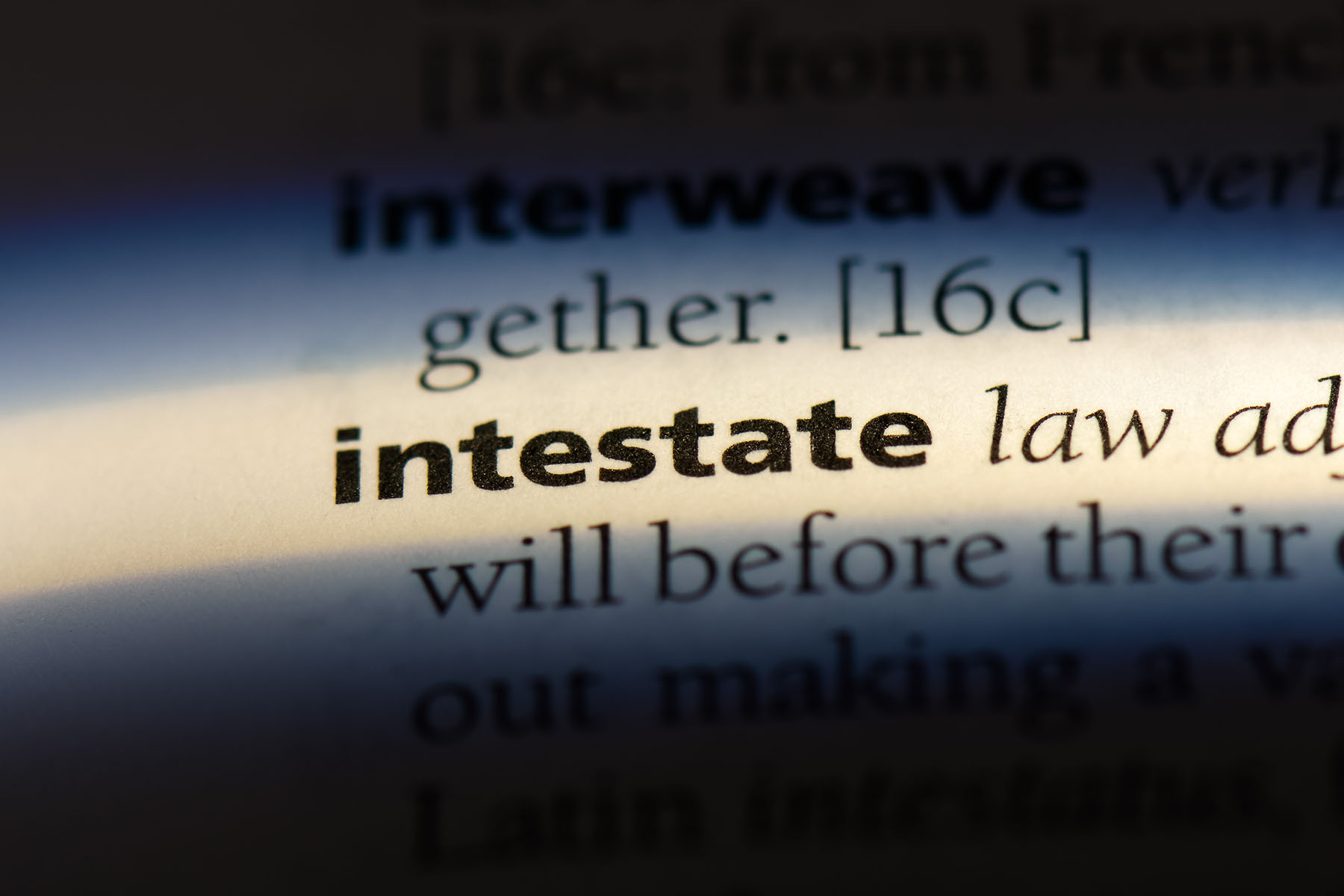
Where there is no will, might there still be a way?
21 Mar, 2019 - Dispute resolution | by Grosvenor LawBenjamin Franklin wrote in 1789 that “in this world nothing can be said to be certain, except death and taxes”.
While no one enjoys thinking about death (or, probably, taxes but I shall leave that to another blog!), not thinking about what will happen to your estate after your death can result in litigation, heartache, family fall-outs and your loved ones getting less than you would have liked. Unfortunately, all too often, the lack of a will can result in years of family battles that might otherwise have been avoided. In the UK alone, approximately 60 per cent of people who die each year, die without leaving a will.
When someone dies without a will, they are said to die “intestate”. Under the intestacy rules, it is the spouse or civil partner and children (if there are any) who usually inherit. Where there is no spouse, civil partner or children, the rules then look to parents, grandchildren and other relatives to inherit.
Unfortunately, the intestacy rules do not adequately deal with modern family situations. Imagine this as an example: A successful businessperson separated from their spouse 25 years ago but, for personal reasons, they decided not to divorce. They were married for only a year. Now imagine that person met the love of his life the following year and they lived happily together as though married, for the next 24 years. The businessperson dies suddenly, without leaving a will. In this scenario, under the intestacy rules, it is the spouse who will inherit the estate and not the surviving partner of 24 years.
The sad fact is that there will be limited options available to the surviving partner. As a starting point, it might be possible to negotiate an agreement with the spouse regarding financial provision. If that is not an option, the partner may be able to apply to court for reasonable financial help from the estate of the deceased. This could be an option if the couple had been living together for the two years immediately prior to death.
In such a situation, the court has a variety of options including for regular payments from the estate, a lump sum payment, or for certain property to be transferred from the estate to the surviving partner.
It may also be that the surviving partner has certain property rights. For example, even if the surviving partner’s name is not on the title to the property, it may be that they have an interest in the property by way of a constructive trust, that is, the circumstances are such that the court can infer that although the deceased was named as sole owner of the property on the title, in fact, it was held “on trust” for him and his partner.
The ideal scenario is that everyone has a will and the deceased’s intentions are made clear. However, if this is not the case, there may still be options and it may well be worth obtaining legal advice to see what you may or may not be entitled to.
Michelle Quinn is Counsel and a senior associate at Grosvenor Law. She regularly advises in complex commercial matters, including in fraud, conspiracy, insolvency and breach of privacy disputes.
The contents of our blog posts do not constitute legal advice and are provided for general information purposes only

